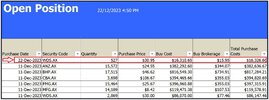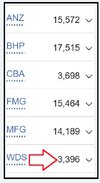- Joined
- 25 July 2016
- Posts
- 336
- Reactions
- 680
Could be interesting, but you have to pay to listenRevealing How Artificial Intelligence Can Shape Market Trends
ZeroHedge
ZeroHedge - On a long enough timeline, the survival rate for everyone drops to zerowww.zerohedge.com






